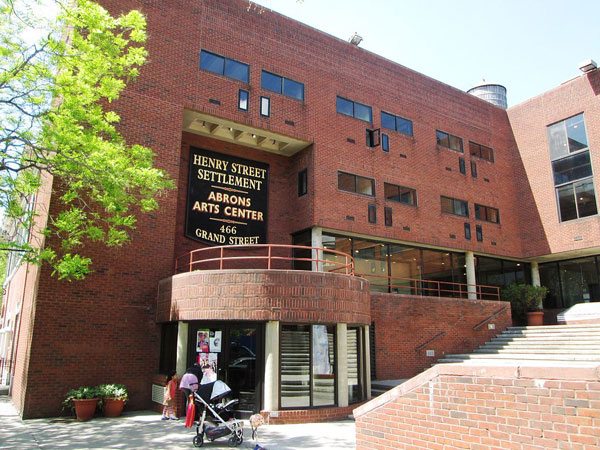
May 6, 2018; New York Times
Sylvia Bloom was a legal secretary at Cleary Gottlieb who lived a frugal life while quietly amassing a fortune. She gave nearly all of it to the Henry Street Settlement upon her death at 96. There, it will be used to fund scholarships from the newly endowed Bloom Margolies Scholarship Fund. It will provide college tuition support and “additional resources like social work support to the mostly first generation college students in the [Expanded Horizons College Success] program,” according to the organization’s website.
How did Bloom amass all this money? Bloom’s niece Jane Lockshin, who is the treasurer of the Henry Street board of directors, noted that Bloom “was a secretary in an era when they ran their boss’s lives, including their personal investments,” and she simply invested where her bosses did, just in smaller amounts. She rode public transit everywhere, lived in a rent-controlled apartment, and worked until she was 96, and no one, even those most close to her, knew how much money she had.
Paula Polito, chief client strategy officer at UBS Wealth Management Americas, told Paul Sullivan at the New York Times that this intense frugality among millionaires is “less about greed and more about insecurity that might be self-imposed” by someone for whom wealth is unfamiliar. Then again, maybe this woman just did not want people in her business. After all, she kept her own last name after marriage and continued to take the subway to work well into her 90s and through all kinds of weather. Her niece says that it’s “very possible” that Bloom’s husband was unaware of the fortune.
As NPQ has noted, people tend to focus their philanthropy on issues and organizations that resonate with them personally. In Bloom’s case, she valued the public education that was available to her as a child of immigrants during the Depression. Paul Hyams, a human resources executive with Cleary Gottlieb who was a friend of Bloom’s for 35 years, said that she always wanted to go to law school. Upon her death, she “directed that the bulk of the fortune go toward scholarships…for needy students,” according to Corey Kilgannon at the New York Times.
Sign up for our free newsletters
Subscribe to NPQ's newsletters to have our top stories delivered directly to your inbox.
By signing up, you agree to our privacy policy and terms of use, and to receive messages from NPQ and our partners.
Henry Street Settlement was the lucky recipient of this generosity, but luck had a little push: Bloom’s will allowed Lockshin, as executor, to choose the scholarship funds to receive the money, and she chose the organization on whose board she serves. Henry Street’s website quotes her as saying, “I know that Henry Street does what it says it will do. It’s a well-respected and responsible organization.”
This is not the first time NPQ has written about the frugal millionaire who donates a previously unseen fortune to charity at death. As Jim Schaffer noted when he wrote his piece on Robert Morin, who gave an unexpected $4 million to the University of New Hampshire after working there for 40 years as a librarian,
This NPQ newswire could be received as a story about planned giving. This story could be regarded as a reminder to those of us who do major gift fundraising to treat everyone with sincere respect. This story could be read simply as a welcome break from the cynicism that can creep into our news feeds and work.
David Garza, executive director of Henry Street, said they are creating an endowment “due to the magnitude of the gift” and not because of any requirements in the will. It is the largest single gift that Henry House has received in its long history, and that is a great thing. But also great is the fact that a board member had enough faith in the organization she served to help facilitate the gift. Would your board members do the same?—Erin Rubin











